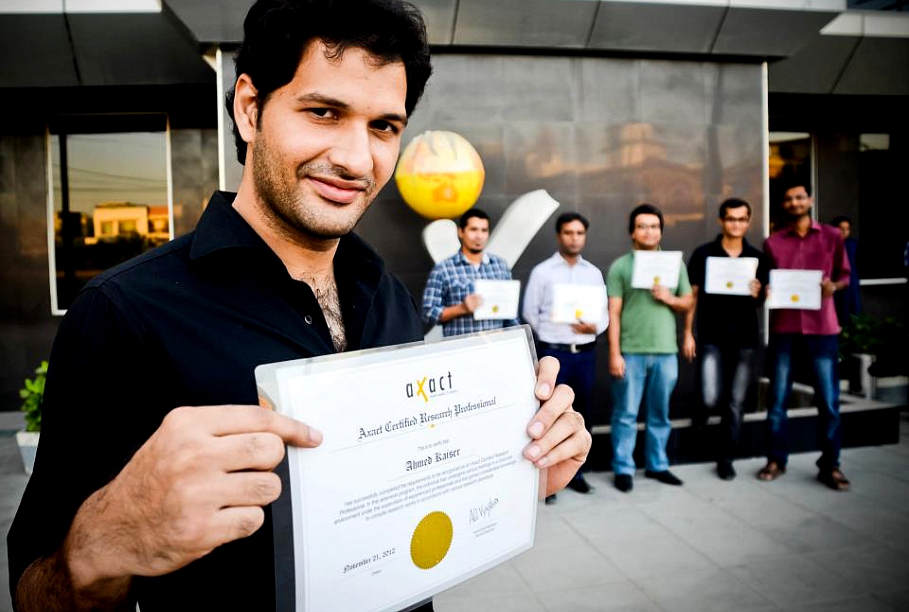According to the New York Times, Pakistani company Axact maintained hundreds of fake university websites featuring ‘students’ and ‘faculty’ portrayed by paid actors to lure people from all around the world needing academic accreditation and willing to pay for the ‘sheepskins’ in question. The multitude of homepages was managed from servers set up by shadow firms in Latvia and Cyprus, say the reports.
Investigators in Pakistan made two arrests Tuesday as they searched the offices of the company, local authorities said.
The New York Times said in a report that the Officers of Pakistan's Federal Investigation Agency searched the company's head office in Pakistan's largest city Karachi, seizing computers and ordering staff to leave the building, according to an anonymous source who participated in the search.
Two people were also detained during a similar search in Rawalpindi, the official said.
Pakistan's Interior Minister Chaudhry Nisar Ali Khan directed the Federal Investigation Agency to probe "if the said company is involved in any such illegal work which can tarnish the good image of the country in the world", a ministry statement said.
The article cited clients from the US, Britain and the United Arab Emirates who had paid sums ranging from thousands to hundreds of thousands of dollars for their degrees – with some believing the universities were real and they would soon receive coursework.
The "university" websites mainly route their traffic through servers run by companies registered in Cyprus and Latvia, and employees would plant fictitious reports about Axact universities on CNN iReport, a website for citizen journalism.
Axact and its CEO, Shoaib Ahmad Shaikh, did not respond to requests from AFP for comment, but a statement on the company's website said that the story published by the New York Times was "baseless, substandard, maligning, defamatory, and based on false accusations". The company has threatened to sue the US newspaper.






























